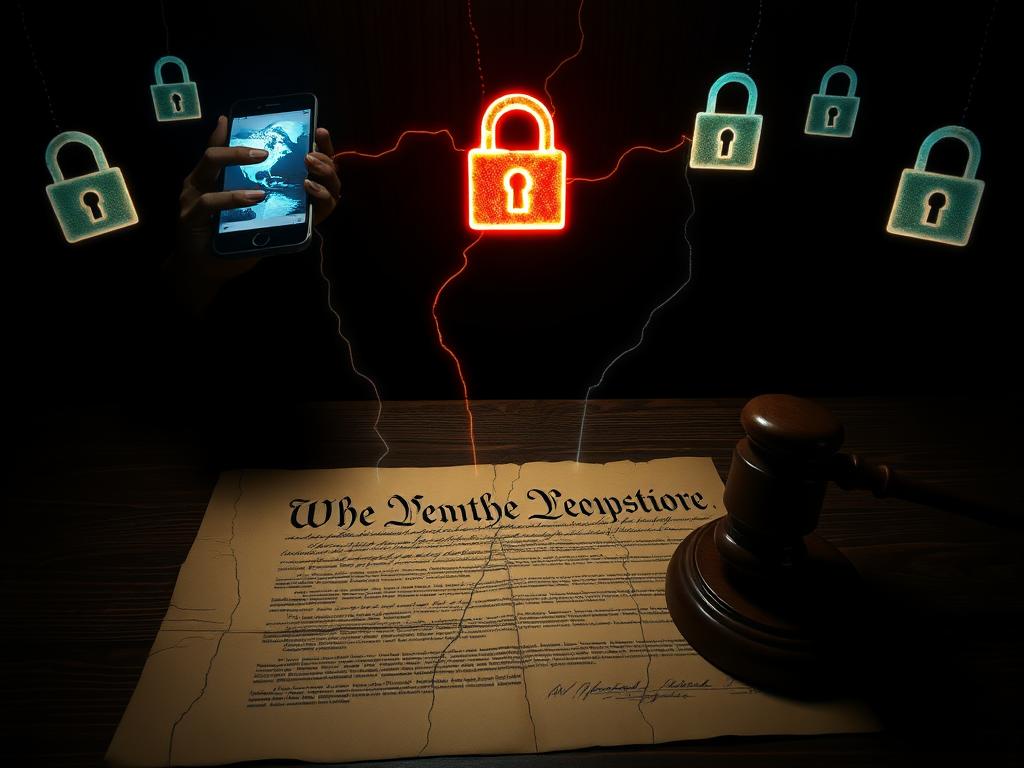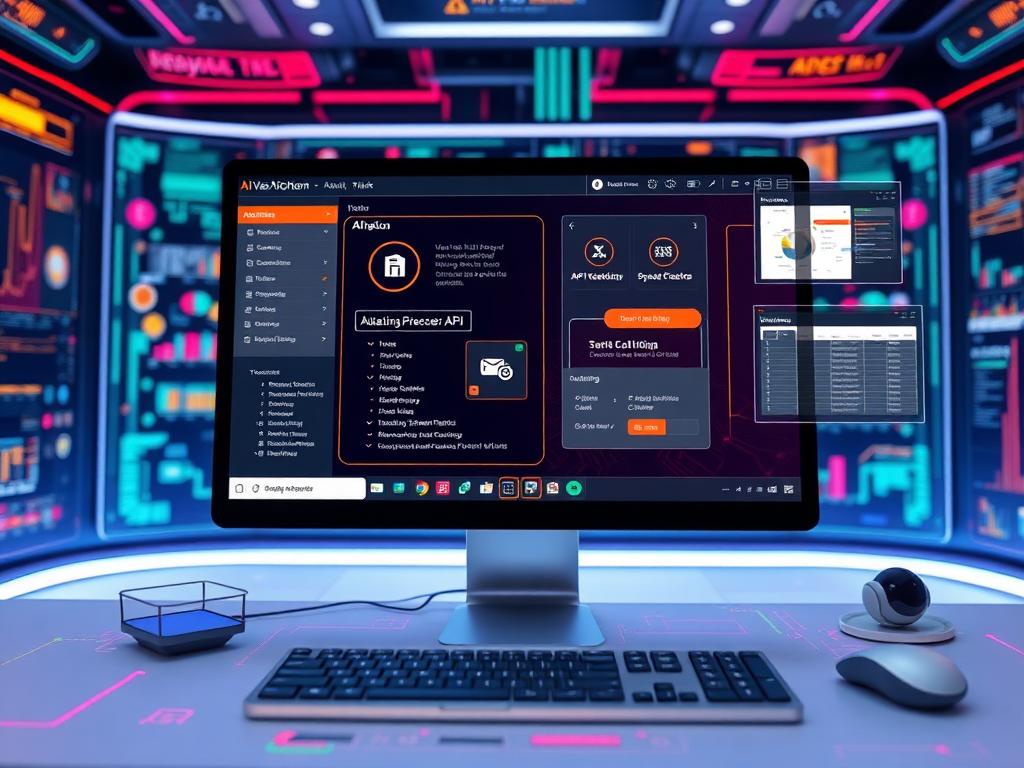
How to Handle Unpaid Client Invoices
Learn actionable steps to handle unpaid client invoices effectively. Protect your business and maintain professionalism with proven strategies.
What To Do When a Client Doesn’t Pay
It happens. You deliver good work, the client seems happy, and then… silence. No payment, no update, no reply.
Unpaid invoices are one of the most frustrating parts of freelance and project-based work. Whether you’re just starting out or have years of experience, it’s always a blow to your time, energy, and trust.
Here’s a quick guide on what to do when a client isn’t paying—based on real-world advice from other freelancers, creators, and service professionals.
Set Clear Payment Terms from the Start
Most payment problems can be avoided before the project even begins. Make sure your contracts or agreements include due dates for each invoice, milestones tied to partial payments (especially for larger projects), and late fees or consequences for missed payments. Clarity at the start equals fewer surprises later.
Follow Up—Firm but Professional
If the due date passes and nothing shows up in your account, start with a friendly reminder. Give them the benefit of the doubt. If there’s no response, follow up with a clearer tone. Keep communication polite but direct, and document everything. Your tone should be calm, not apologetic—you’re running a business, not asking for a favor.
Escalate If Needed
Still no payment? Time to raise the pressure. Reach out to someone higher up if it’s a larger company. Send a final notice stating you may pursue legal action or involve a collections agency if payment isn’t received by a certain date. Stay professional—don’t burn bridges, but make it clear you’re not letting it slide.
Use Platforms With Built-In Protections
If you’re working through marketplaces like Upwork, Freelancer, or Fiverr, you may have access to dispute resolution tools, payment protection for pre-funded milestones, and mediators who can step in if communication breaks down. It’s worth learning how these systems work before you need them.
Consider Your Options (and Sanity)
When all else fails, ask yourself if the amount is worth the time, stress, and potential legal fees. Can you send the debt to a collections agency? Or is it better to cut your losses, block the client, and move on? Sometimes, walking away is the smarter business decision—especially if it clears mental space for clients who do pay.
Final Thought
Chasing invoices isn’t fun, but how you handle it says a lot about your professionalism. Set boundaries, protect your time, and keep evolving your process. And remember: you’re not alone. Almost everyone doing creative or freelance work runs into this at some point. Learn from it, tighten up your systems, and move forward sharper than before.


























































